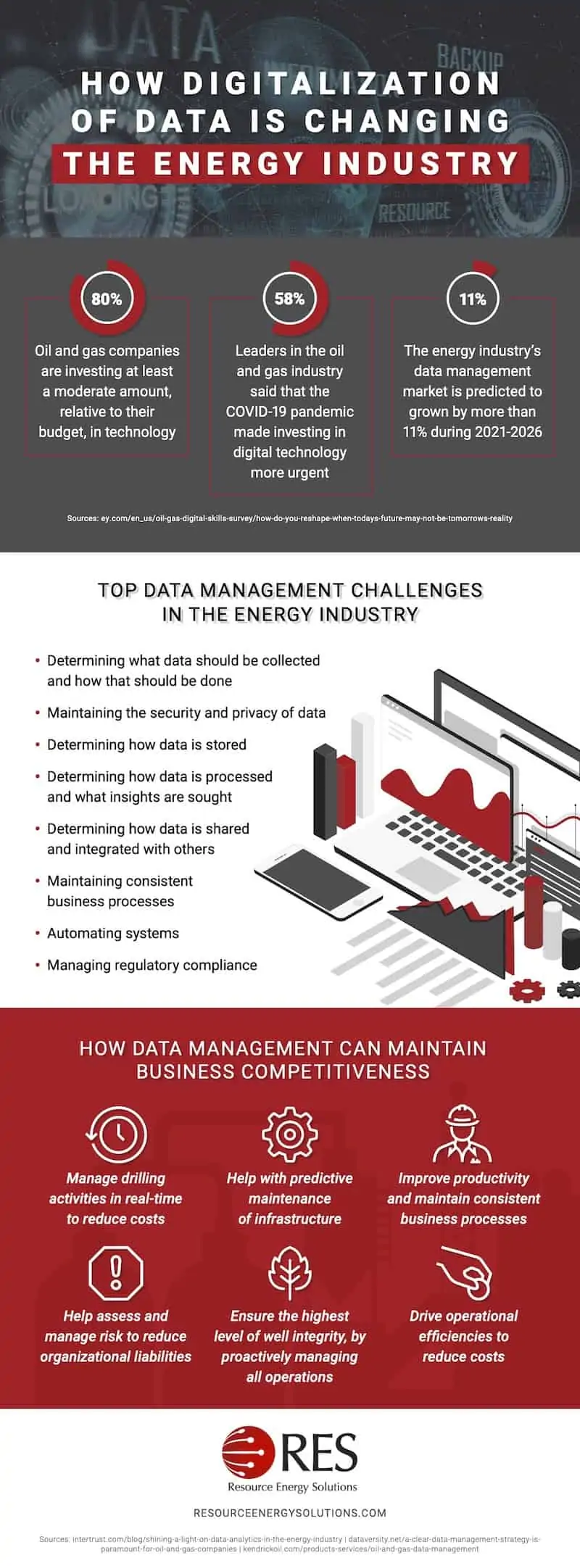Today manufacturers must continually look for waste reduction, process improvement and supply chain efficiency to meet competitive pressures and their customers’ cost reduction requirements for the future of energy. Programs such as Lean have become a popular means to develop a culture of simplification and constant improvement.
Although Lean principles provide an excellent basis for managing energy costs, such costs are often left out of an efficiency drive…
Why is that?
Why is That?
- Energy costs are not well understood
- Because they are not understood, they are deemed to be uncontrollable
- As an “uncontrollable” cost, energy is not well managed.
Energy costs can be controlled when organizations develop measurable and progressive management processes that are embraced & led by senior management and embedded into the business culture. North American manufacturers who have followed this course have seen significant and sustainable results often with reductions of 25% which in turn helps to maintain and enhance their immediate market position.
Getting to this stage requires the continual process of incorporating and managing energy both in the organization’s strategic plan and its day to day operation. To change how energy is perceived and administered by the whole team, it must be viewed holistically and not in silos.

Energy usage profiles and drivers must be considered in concert with the different energy pricing options to arrange the supply over time. It cannot be left in the hands of a single person or one discipline to effect change single handed.
What role will energy play in the long-term strategy for manufacturers?
As a manufacturer, energy will impact your long-term development on a number of fronts.
Today, manufacturers (such as the in the Automotive industry) located in multiple geographies are faced with complex energy sourcing options affected by various procurement and billing requirements and the ever changing local/state/federal legislation. However, the future doesn’t look any less complex as decisions on existing and new manufacturing infrastructure are impacted by a multitude of generation options in addition to traditional utilities.
The cost of renewable energy continues to fall and it now competes with fossil fuels; 2015 represented an inflection point where new capital investments in wind & solar replaced 54% of traditional fossil fuel generation investments. As battery storage prices continue to fall, the reliability and on-demand availability of renewable energy grows.

The traditional grid from the utility is increasingly only one of several options- manufacturers can choose: 1) self generation, 2) non-Utility Power Purchase Agreements (PPAs), and 3) Virtual PPAs from net energy providers connected to the grid.
While optimizing energy sources can result in cost avoidance, optimizing energy with the help of enterprise battery systems can also provide new sources of revenue to the organization as they become net energy providers to the grid by selling surplus energy stored in their batteries.
Energy is also at the centre of significant change in traditional markets like fossil fuels and automotive. The electrification of the transportation market will require today’s industry leaders in those sectors to adapt in order to survive & lead. While not all manufacturers are in the automotive and fossil fuel sectors, their markets too will be impacted by their source of energy and its ultimate deployment in their future products for competitive differentiation.
This transformation will cause tremendous pressure for most manufacturing operations to become much more progressive in energy so they can stay ahead of the curve.
Organizations and their manufacturing operations will increasingly need to be more knowledgeable about energy to meet the challenge of changing products based on new technology such as artificial intelligence, new competitors emerging from non-traditional sectors, and changing consumer needs.
As society contends with climate change, manufacturing and technology will be at the forefront of their organization’s social and environmental initiatives, fostering innovation, and providing greener choices for their customers.
Manufacturing will be tasked with transitioning operations to reduce their Greenhouse Gas (GHG) footprint, while maintaining quality & output metrics and competing in a world of ongoing cost containment. The future leaders of manufacturing operations will include energy as a core discipline in their personal base of knowledge.
Simply put, organizations that prepare for and take advantage of the opportunities that energy presents will be in the best position to compete, grow, and profit in future markets.
360 Energy Inc. is a North American energy consultant working with leading manufacturing, public, commercial and agricultural organizations to develop sustainable strategies for energy in their futures.

